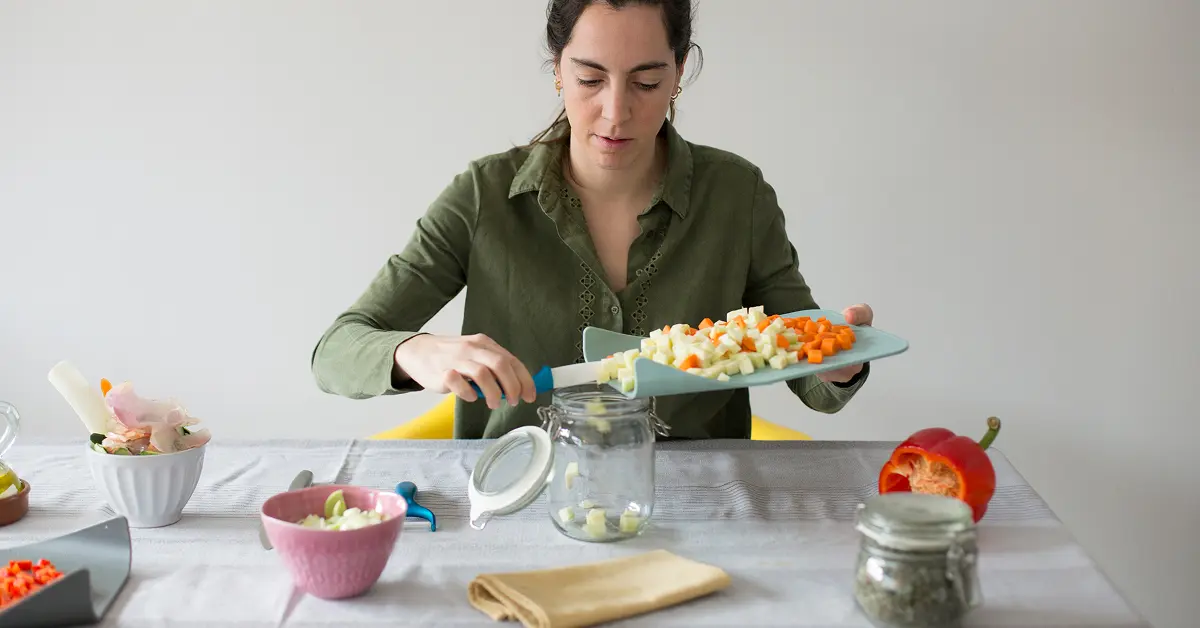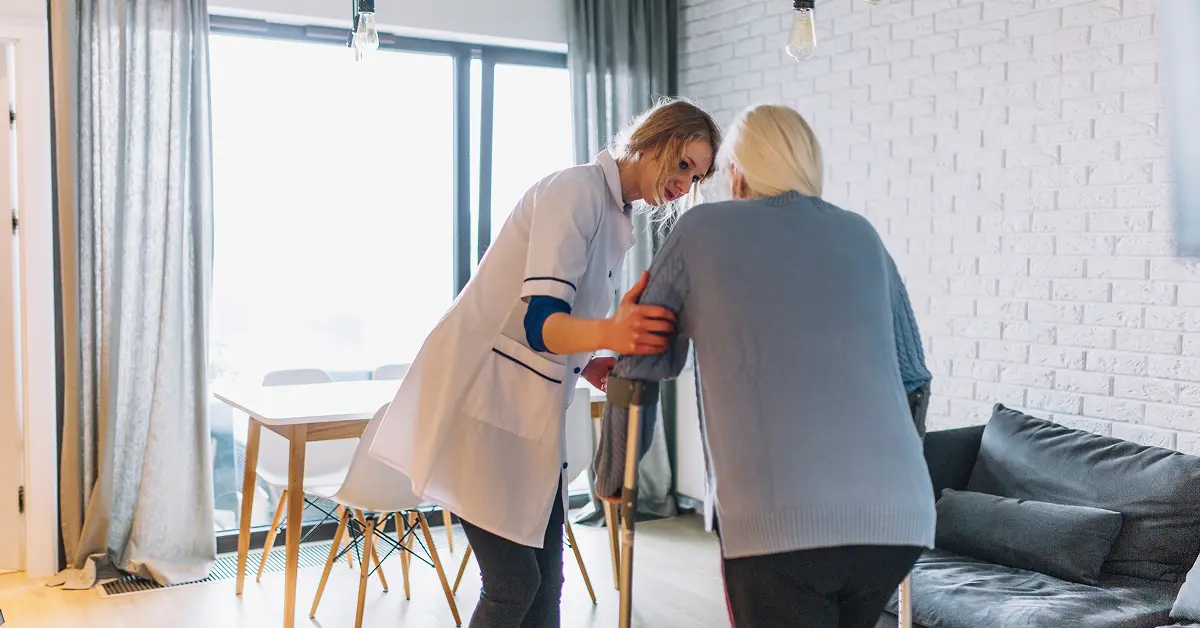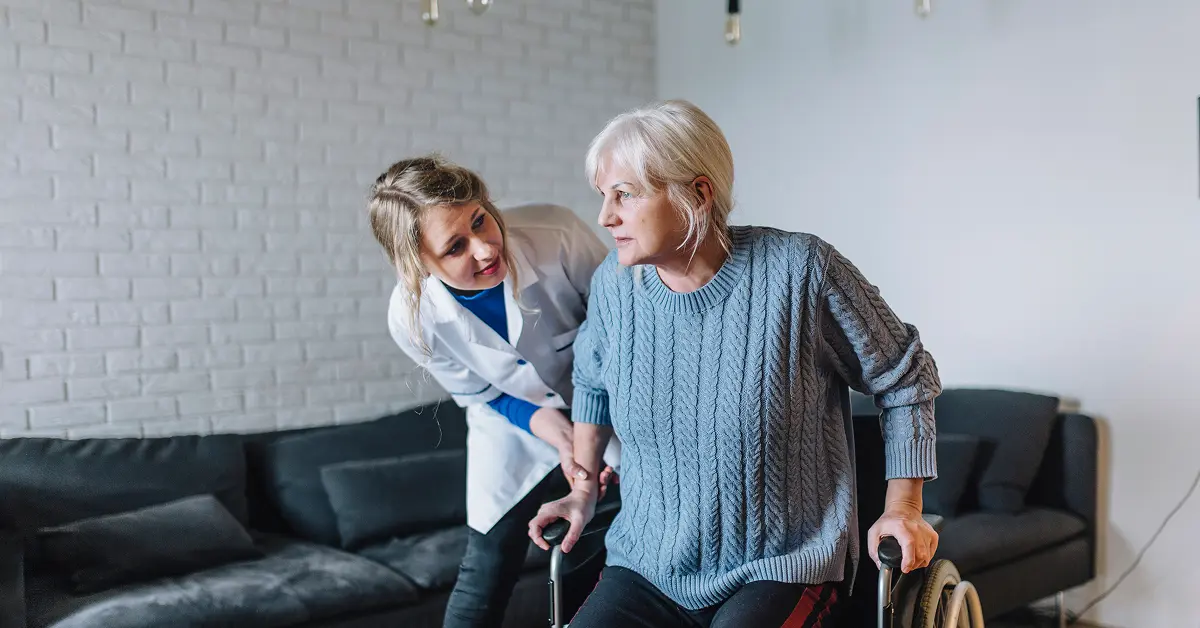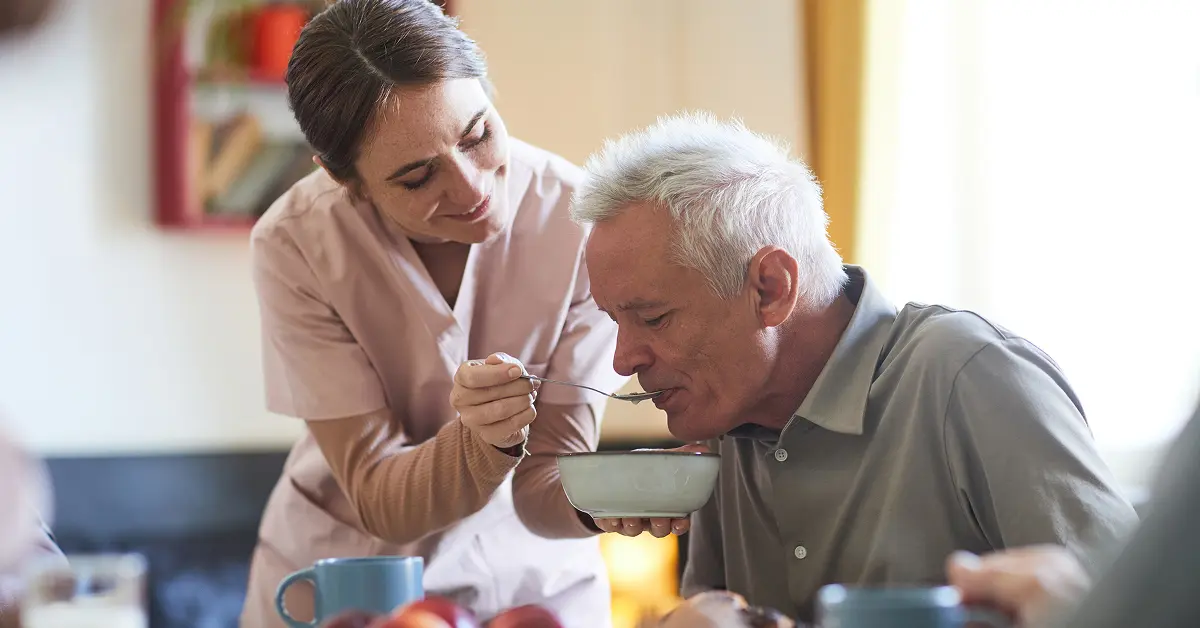Caring for a loved one recovering from an illness, surgery, or injury is a profound responsibility. In India, where family ties are strong and multigenerational households are common, home care often becomes the first and most comforting choice. Providing care in a familiar environment allows for quicker healing—both physically and emotionally.
This blog will guide you on how to help your loved ones recover Best Caregiver Services at Home by focusing on emotional support, routine building, medication management, hygiene, professional caregiver help, and long-term recovery plans.
Create a Supportive Home Environment
A calm, clean, and organized home environment is essential for any recovery process. Begin by making adjustments to the patient’s living space:
- Remove clutter to avoid falls or accidents.
- Ensure easy access to the bathroom, bedroom, and living areas.
- If necessary, install grab bars, ramps, or anti-slip mats.
- Maintain a comfortable temperature and good lighting.
In Indian homes, the recovery area is often a shared room. Make sure it provides privacy, especially if the patient needs rest during the day.
Emotional Support is the First Medicine
Physical healing is incomplete without emotional well-being. During recovery, patients often face fear, anxiety, or depression. Be present not just physically but emotionally:
- Talk to your loved one regularly and with empathy.
- Offer encouragement and celebrate small improvements.
- Allow them to express frustration without judgment.
- Involve family members or friends who uplift their spirits.
Simple acts like listening, watching a movie together, or doing bhajans (devotional songs) can bring a sense of peace to an Indian home recovering environment.
Build a Daily Routine Around Recovery

Routine is crucial in bringing structure and purpose during the recovery phase. Whether your loved one is recovering from surgery, a stroke, or a long illness like dengue or COVID-19, a structured day helps avoid stagnation:
- Fix wake-up, meal, and sleep times.
- Schedule medications, exercises, and physiotherapy sessions.
- Include time for prayer, reading, or light conversation.
In Indian households, incorporating morning aartis or evening tea times into the patient’s day can help them feel more connected to family life.
Focus on Nutritious Home-Cooked Meals
Good nutrition is a powerful recovery tool. As the caregiver, your job is to ensure meals are:
- Rich in protein (dal, paneer, eggs).
- Loaded with immunity boosters (turmeric, ginger, garlic, tulsi).
- Easy to digest (khichdi, idlis, soups).
Avoid oily, processed foods and focus on hydration with nimbu pani, coconut water, and herbal teas. For diabetic or hypertensive patients, follow dietary restrictions strictly.
Manage Medications and Medical Equipment
One of the biggest challenges in home care is ensuring medications are taken on time and properly. Keep a medication log or set reminders. In case the patient uses medical equipment like:
- Nebulizers
- Oxygen cylinders
- BP/sugar monitors
- Catheters
…ensure you or a family member is trained to use them correctly. Many Indian healthcare companies now offer home visits for such training.
Involve a Professional Home Caregiver if Needed
Not all families can manage caregiving alone. In such cases, hiring a trained patient caregiver is wise. Here’s how they help:
- Monitor vitals
- Administer medicines
- Assist with bathing, dressing, and mobility
- Offer companionship and light physical therapy
Many agencies in metro cities like Mumbai, Bengaluru, or Hyderabad offer certified, verified home caregivers. They act as an extended part of your care team, ensuring professional oversight without moving your loved one to a hospital or nursing facility.
Encourage Gentle Physical Movement
Unless advised complete bed rest, movement is vital. Activities could include:
- Gentle walks inside the house
- Basic leg and arm stretches
- Breathing exercises (especially after respiratory infections)
Consult a physiotherapist for home visits or tele-rehab plans. In Indian cities, mobile physiotherapy services are increasingly accessible, especially for post-stroke or post-surgery rehab.
Ensure Hygiene and Sanitation
Infections are a real risk, especially for post-operative or bedridden patients. Maintain hygiene by:
- Bathing the patient daily or giving sponge baths.
- Changing bedsheets, diapers, and clothes regularly.
- Keeping wounds or surgical areas clean.
- Using sanitizer before handling food or medications.
Many caregivers overlook hygiene due to emotional or time burdens, but it’s one of the most important parts of recovery.
Stay Connected with the Doctor
Even if your loved one is healing at home, regular communication with the doctor is critical. Schedule follow-ups, keep a log of symptoms or changes, and ask about:
- Warning signs to look for
- Necessary diagnostic tests
- Long-term treatment or therapy plans
In India, many hospitals and clinics now offer online consultations, which reduces the need for frequent travel—especially useful for elderly patients.
Take Care of Yourself Too
You can’t pour from an empty cup. Caregiver burnout is common, especially among family members. To be the best support system for your loved one:
- Get enough rest and eat on time.
- Share responsibilities with others in the house.
- Take occasional breaks.
- Join a local or online caregiver support group.
In joint Indian families, distributing care among members (like elder siblings, children, or cousins) helps reduce stress and offers more emotional support to the patient.
Final Thoughts
Helping a loved one recover at home is a noble and loving effort. It combines the warmth of family, the comfort of home-cooked food, and the privacy of familiar surroundings with structured support and medical care.
In India’s changing healthcare landscape, home care is becoming not just an emotional choice, but a practical one. Whether it’s a short recovery from surgery or long-term healing from chronic illness, your role as a caregiver is vital.
So be prepared, stay informed, and most importantly—lead with love. Your care could be the most important medicine your loved one receives.
Contents
- Create a Supportive Home Environment
- Emotional Support is the First Medicine
- Build a Daily Routine Around Recovery
- Focus on Nutritious Home-Cooked Meals
- Manage Medications and Medical Equipment
- Involve a Professional Home Caregiver if Needed
- Encourage Gentle Physical Movement
- Ensure Hygiene and Sanitation
- Stay Connected with the Doctor
- Take Care of Yourself Too
- Final Thoughts
Our 24*7 services
Latest Posts
- What Is Respite Care and Why Is It Important
- Affordable home care for senior citizens in India
- Caring for Seniors with Dementia or Alzheimer's at Home
- Senior Caregiving A Guide for Every Family
- How to Write a Caregiver Resume That Gets You Hired
- How Care After Hospital Discharge Speeds Up Recovery at Home
- How to Get Home Health Care for Seniors Through Medicare
- What Does a Senior Citizen Caregiver Really Do at Home
- How to Care for Elderly Parents with Alzheimer’s or Dementia
- How to Get 24-Hour Care for Seniors at Home



